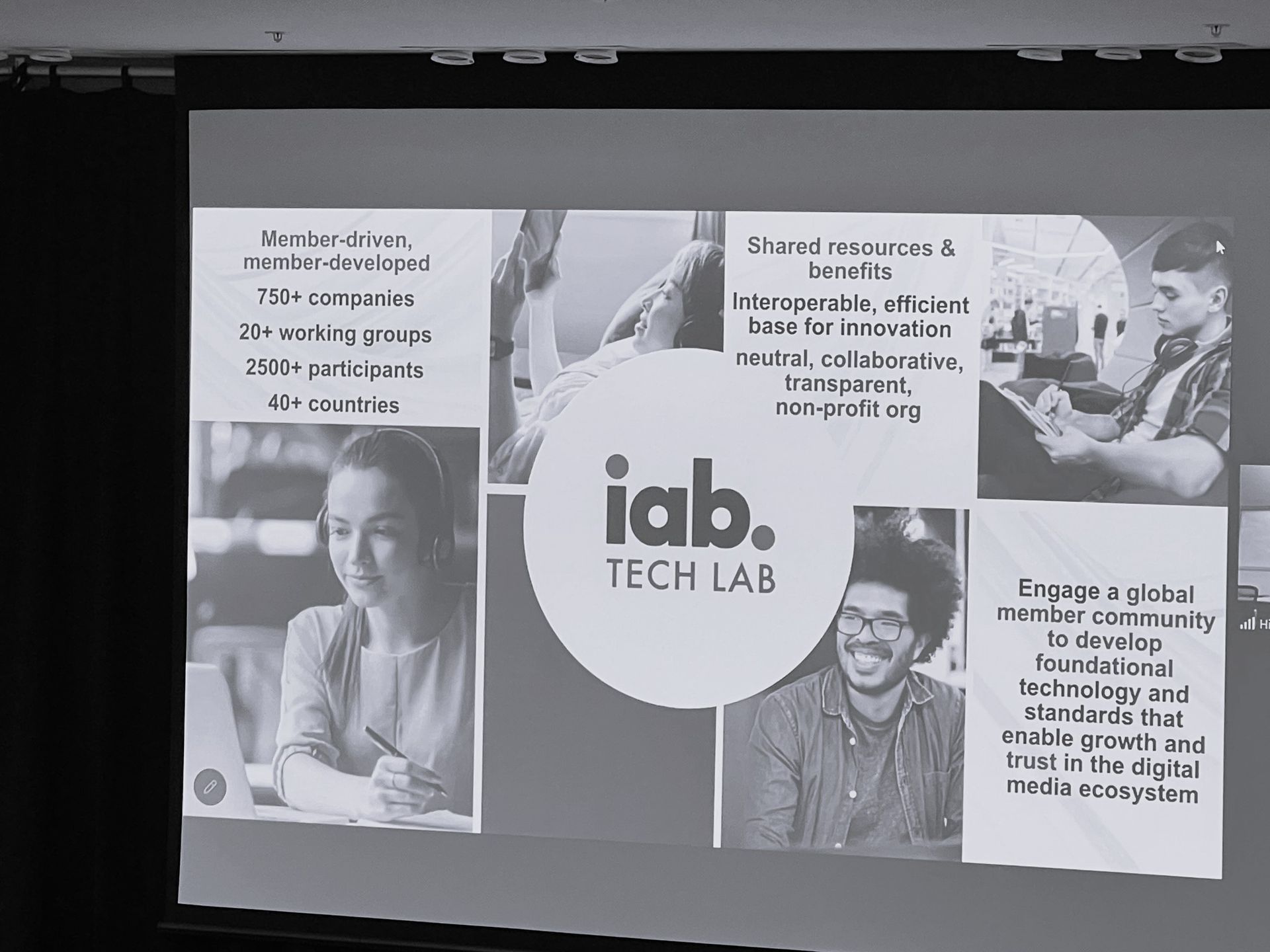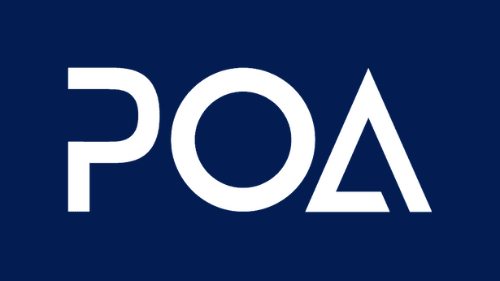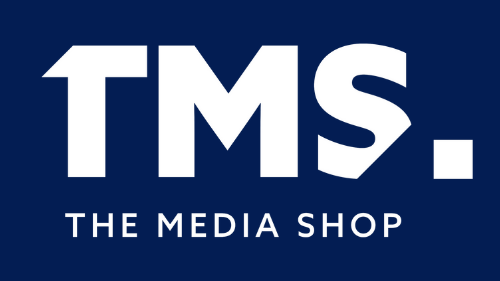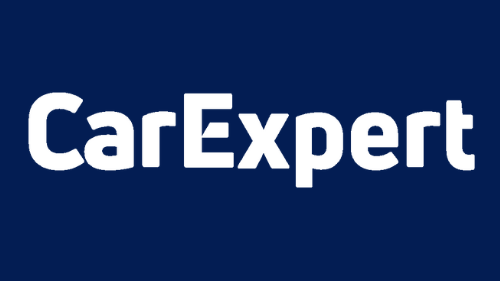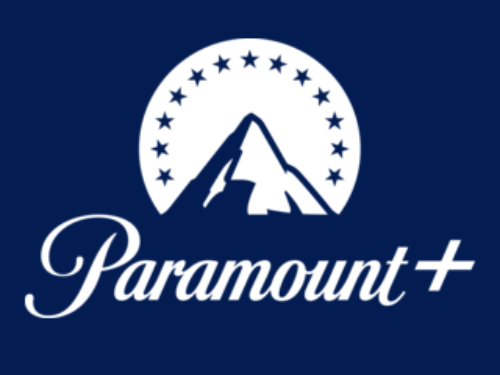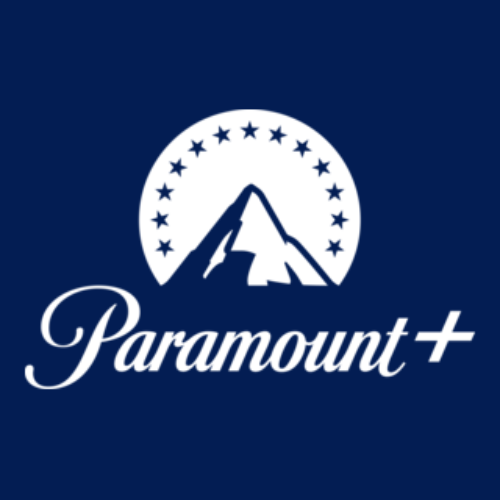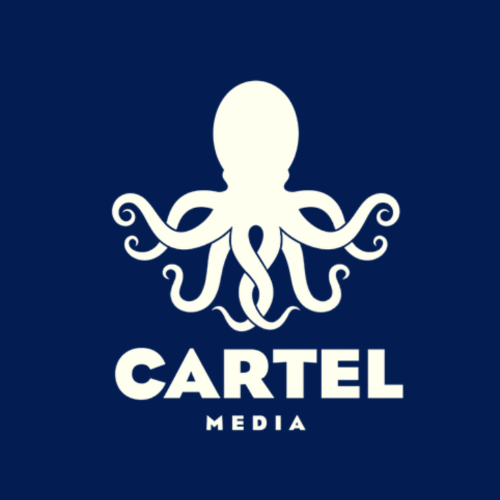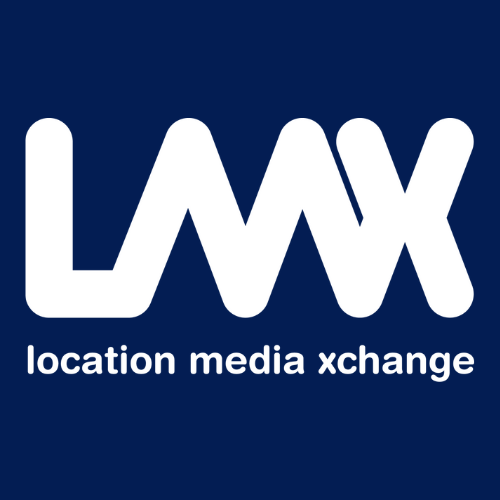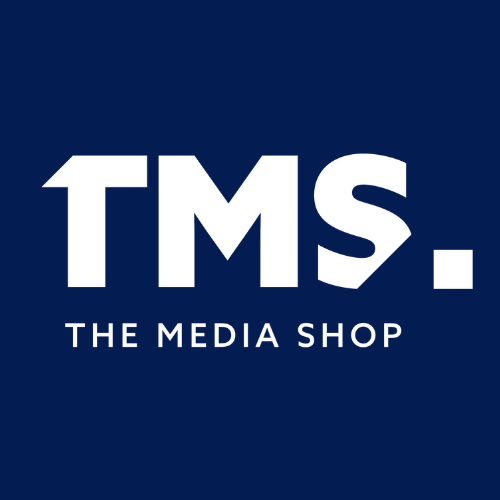Our tips and tactics to generate win/win media sales negotiations!
When working in media sales – the most important skill that no one trains you on is that of negotiation.
Here are nine proven tactics to become a confident & successful media sales negotiator.
With my 20+ years’ experience working in the media industry,
I have been lucky enough to spend the first ten years being an agency media buyer who prided himself on achieving great deals & outcomes for my clients & business. The next ten years were spent as an advisor and coach to one of the country’s largest media sales teams in achieving a sale that was going to benefit our business as much as the customer. Through this experience I have gained a lot of learnings while always testing tactics to get maximum revenue at the best possible profit/ margin.
Below are nine tips/ tactics for a sales team member working at a media publisher while negotiating with the agency or advertiser:
1) Prepare.
Don’t rush into a negotiation fresh, do your due diligence to understand everything about the opportunity. You should have analysed the customer’s needs, the competitive set & your own business needs before starting a conversation. You should have a confidence level up front on whether the customer will do business with you which will dictate your tactics.
2) Profile the key decision maker (KDM).
Who is ultimately the key customer who will make the final decision? What do they stand for & value during a negotiation? What has been their previous behaviours and tactics? What has been their feedback to previous negotiations? Buyers tend to use the same behaviours and tactics so if you know what to expect then it will put you in a better place to find a win/ win position.
3) Identify your negotiation positions.
There are four positions that you need to identify early in your negotiation strategy.
- a. The walk-away – this is the position where it doesn’t make sense for your business to proceed and the position where you have to say ‘No’.
- b. The Likely - this is the deal that you have identified up front where you believe the negotiation will conclude at a win/win for customer and your business.
- c. The Ideal – this is the position which would be ideal for your business as the revenue has been won at a strong margin.
- d. The Starting – this is the position where you are tactically choosing to start a negotiation – it is normally determined by the kind of customer you are dealing with – e.g. If your KDM likes to go through multiple rounds of negotiations, you want to give yourself some breathing space – whereas if your KDM has a history of making quick decisions then you should start closer to your ideal position.
4) Benchmark your negotiation.
In a lot of cases when negotiating with an agency; they represent multiple clients that do business with your company. They are therefore in the practise of benchmarking their current negotiation with other clients in their portfolio. It is therefore seen as best practise to make sure you are doing the same. You should be comparing revenue, share and discount positions with all clients within the same agency patch. The last thing you want to do is offer a deal that would contradict your biggest piece of business. It is often a good tactic to refer to these other clients to demonstrate that they are getting good value.
5) Don’t make it personal.
Negotiations can get tense and sometimes even heated but you are best to keep your communications professional and focussed on the business outcomes. Making a deal personal never turns out well for you or your relationship with that client. Our industry is a social friendly industry where relationships play a key role in your success. Keep your communications, short, direct & fact based. Never use the word ‘I’ in a negotiation – always refer to yourself as ‘we’…
6) Ask questions throughout.....
It’s your role during the negotiation to create a confidence rating throughout – e.g. What parts of our proposal is the client most excited about? How will you and the client be measuring the success of this campaign? Can I start to draft up the agreement and post sales documents for you? - All these kinds of questions will give you a good understanding throughout the negotiation on whether it is likely the deal will be done or whether there is a risk the revenue could go to your competition. This confidence level will dictate your negotiation tactics and moves.
7) Don’t be scared to say ‘No’.
There are buyside negotiators out there who simply have tactics to keep asking for more and more until you say ‘No’ – just to have the knowledge they know they are at the best possible position. One of the firmest and strongest tactics to remain in control in a negotiation is to simply say No. Often media sales negotiators are too scared to use this tactic as they don’t want to lose the revenue – but in many cases taking a deal at a lower margin then another client willing to pay higher just doesn’t make business sense especially if the signs are obvious that the customer wants your products. Create urgency, that another client desperate for these assets is happy to pay more. e.g. We want you as an advertising partner but accepting it at this position isn’t a smart business decision for us, however our previous offer is the best we can do and it’s still on the table for next 24 hours.
8) Aim for a win/win.
Often the buyer will be negotiating for a specific need that has been identified by themselves – if this is the case make sure you ask for something in return – e.g. we are happy to agree to this position as long as you agree we can create a case study about this campaign that we can use publicly post campaign results. - It’s important you have a list of things your business value so when you are negotiating to a conclusion – it’s perceived as a win/win.
9) Always close the deal quickly.
Often when you are being told the great news, your competitor is being told they have missed out – in a lot of instances they will ask for the opportunity to re pitch – make sure all your paperwork is ready to make the deal official so this can’t occur.
Market SHIFT Consultants have created a training programme for publishers to understand the fundamentals of media sales.
How to negotiate is one of our identified modules!
The training is targeted towards the Account Manager/ Sales Exec or Snr Sales Co-Ordinator and is about introducing seven fundamentals to ensure they are at their best from that day on!
To find out more about the training programme and how it can be created bespoke to your business – please reach out to our team!
If you have other great tactics you think are important when negotiating a deal -please comment below - so we can all learn from one another!
Best Regards, Bruce.




